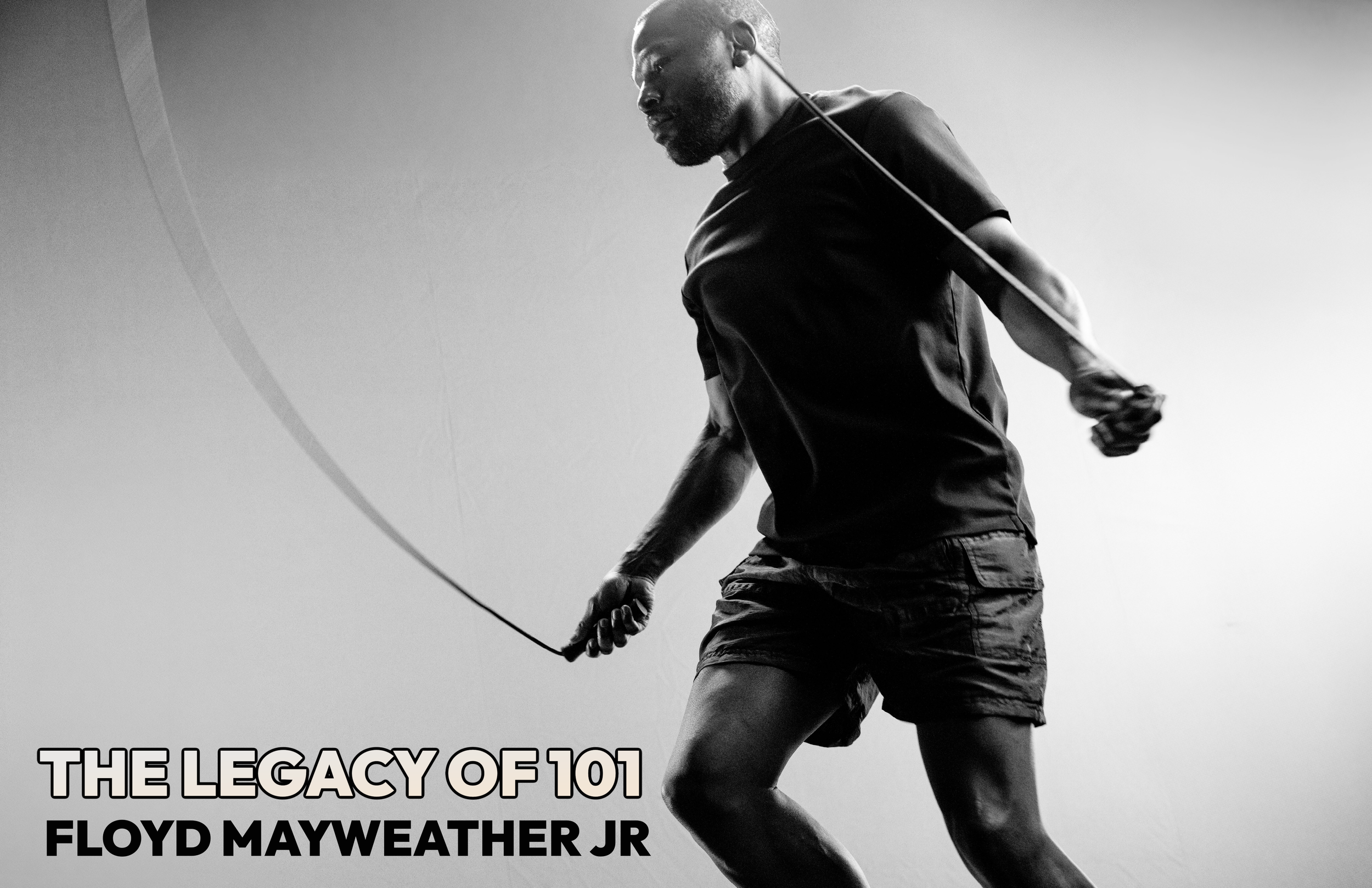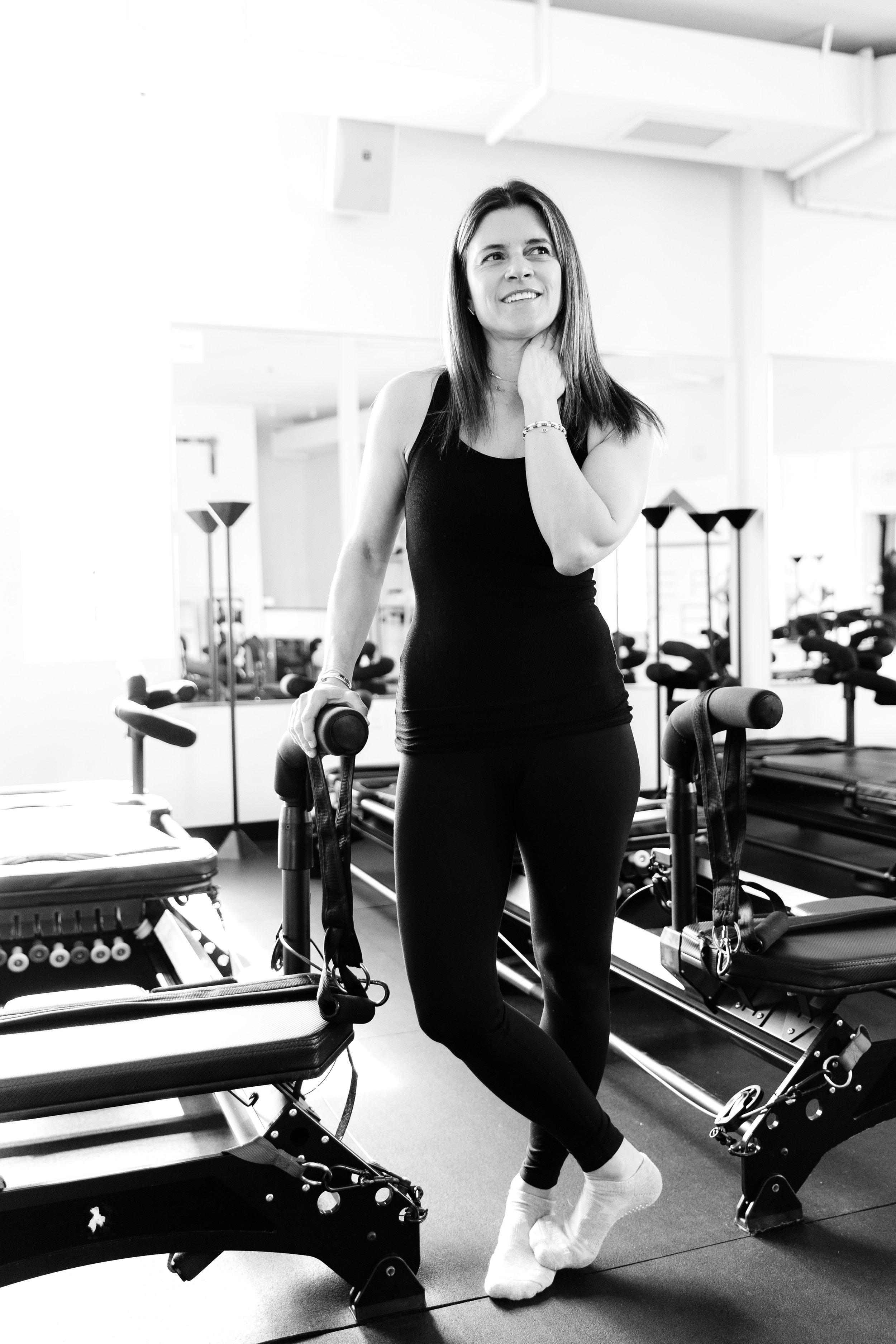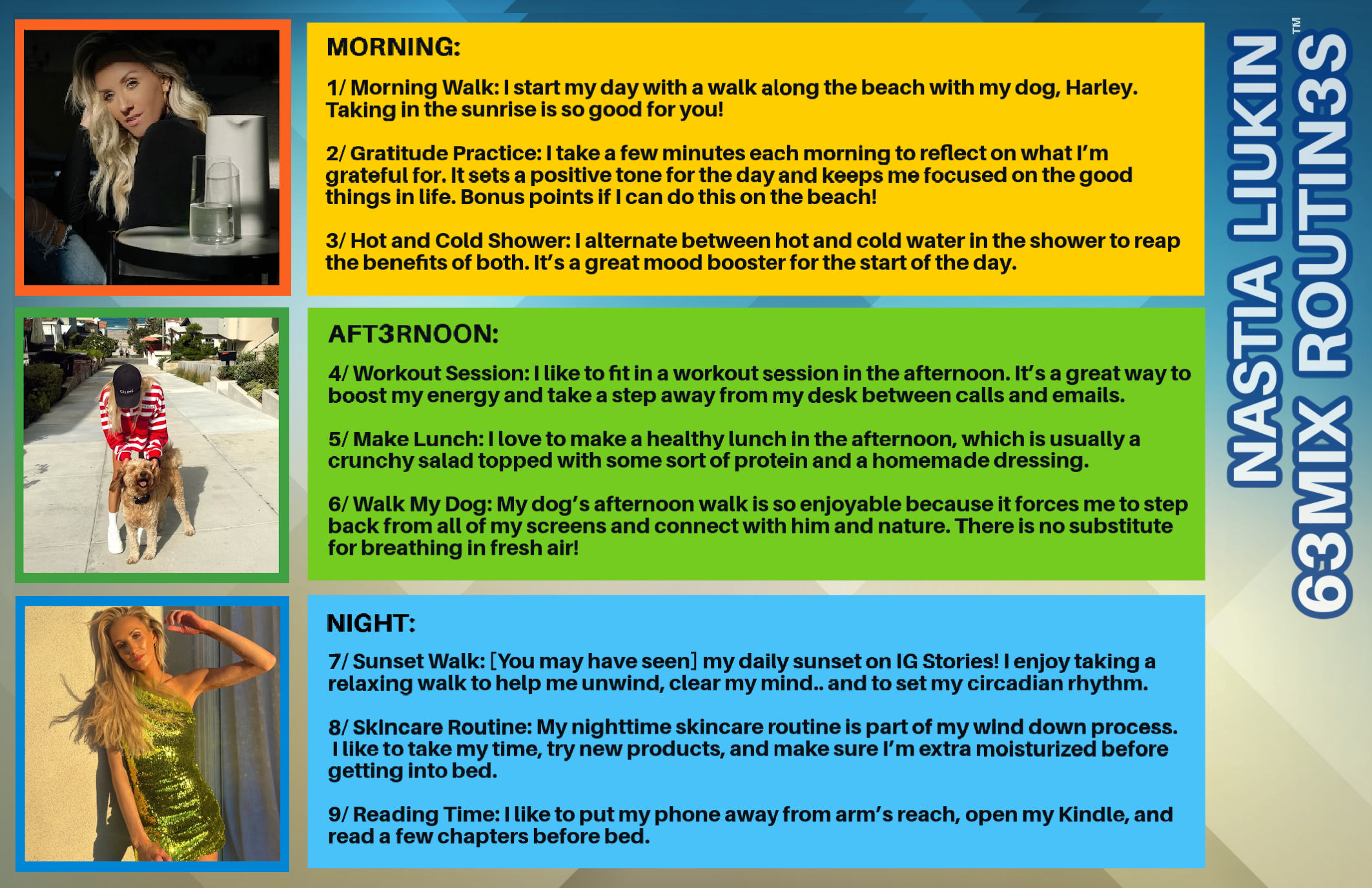We’ve all had our day to day lives and extended plans dramatically changed as we have hunkered down on various levels during this pandemic. As we adopt new routines and hopes to getting closer to the new normal, we have to remember the importance of mental health. We talk with psychotherapist and author Dr. Mike Dow to talk about the importance of travel for mental health.
ATHLEISURE MAG: For a moment, imagine that we have not been living the past few months in our bubbles, social distancing etc. How important is a routine and how does it impact mental health to have this?
DR. MIKE DOW: Routines are vital. So many of the processes affect brain health and physical health like our Circadian rhythms are really associated with our moods as well. Isn’t it so interesting that our brain, our sleep/wake cycle, our melatonin rising at night and something called a Cortisol awakening response in the morning where those two hormones take place - everything is about routine. Getting up at the same time - we know that people who have healthy sleep cycles are less likely to overeat, less likely to be depressed, be anxious and it‘s having a place to go, getting out the door at the same time - it gives us that energy. If you don’t have those routines, my advice for so many people is to create them. If you wake up, take a shower, put on your clothes and walk around your house and then say, “now I’m at work,” even if you’re right back in your house. It really primes the brain for creativity or productivity. It’s just a really vital process for all of our brains and bodies.
AM: You’re a bestselling author of Brain Fog Fix, Healing the Broken Brain and Diet Rehab and are known for your focus on brain health and nutrition. How important is it to think about these two areas as we have all navigated the past few months of quarantine?
DR. MD: It’s absolutely vital because what we’re seeing is that people are eating a lot more frozen foods, takeout, Postmates and what we know is that frozen and processed foods create a lot of inflammation for the brain and sugar shrinks the brain. Looking at just those two things - inflammation and shrinking the brain isn’t it so interesting that soybean oil which is in all processed foods is very high in Omega 6’s which creates inflammation in the brain versus Omega 3’s that decreases inflammation in the brain. Sugar and flour not only spike your blood sugar but can also lead to diabetes, obesity and heart disease - but they also can accelerate the hippocampus in the brain - that’s also what we see in dementia, depression and other mental illnesses. So it’s more vital than ever due to the stressors that have taken place because of the pandemic to eat more healthy than ever. But a lot of people are caught between a rock and a hard place because the pandemic makes going to a healthier place or going to farmer markets a little more challenging right now. But we know, that in the past few years research has come out that depression can be treated by a Mediterranean diet. So it’s not just a preventative strategy, but for some people, it’s even a treatment. It’s extremely potent and there’s no one decision that every person makes every day than what is at the end of your fork for breakfast, lunch and dinner and it’s an incredible tool for brain health.
AM: How is staying at home during this pandemic wearing on our mental health?
DR. DM: We look at rumination. In cognitive-behavioral therapy, we know that people who ruminate - it’s like a thought pattern that gets stuck like a broken record right? When you’re in a mundane setting and you’re not changing your surroundings - there’s no novel environment, it’s sort of like those experiments when you have a rat in the cage and you don’t have a wheel and you’re not able to move out and nest to do different things. When you give that rat or mouse a novel environment, their brains get better and there’s more stimulation. Looking at ruminations, it’s good to change your thought patterns and your feelings. If you’re stuck in that ruminative thought or feeling, just change where you are automatically shifting your brain out of that and sort of moves the needle from that broken record. So it’s a really potent antidote and a behavioral piece in that behavioral cognitive therapy.
When you’re feeling depressed or anxious in your thoughts - it’s taking an action, for example a quickie getaway to a local drivable destination. I personally book Hotwire Hot Rates. I’ve saved $1,800 on my 2 quickie getaways. Having that change of scenery for me in Palm Springs and Santa Barbara, I live in LA - it really allowed me to boost my creativity, get out of my little bubble and really have a breath of fresh air.
AM: 62% of Americans haven’t had a vacation day since the start of COVID-19. Is this a concerning statistic and why?
DR. MD: It is concerning because we know that Americans in general, we are notorious in our country in terms of not taking the vacation days. When you look at Europe and other countries where they have higher happiness levels, they really make vacation a priority. I think in the beginning of the pandemic, people were really scared and now we know that there are a number of ways that we can travel safely and we can balance the physical health with the mental health. For me, it was looking at Hotwite and seeing the cleanliness badges that certain hotels had. It’s taking your masks to the hotels and there are so many ways you can do that. It is concerning because if you’re in your home all day and it’s your kids classroom, the office, it’s that grind and the brain was meant to take a break. Even sleep, that nightly break, it’s designed to really allow the brain to sculpt itself and to not use the facilities and neurons that it doesn’t need. It prunes and it can also grow right? On a larger scale, that’s what vacations can do. It can create more neurogenesis the birth of new brain cells as we’re making new mental maps. We certainly don’t want people to be stuck and not to challenge themselves and to be stuck in these little rooms - these little apartments because it’s not great for long term brain health.
AM: How important is it to change your physical environment?
DR. MD: We know that sitting is the new smoking. If you’re sitting on the couch all day with your laptop and then it’s 6pm and you switch over to Netflix and begin to binge watch things for hours, we know that that greatly increases the risk of all sorts of diseases for the long term. It’s important for 30 year olds and 60 year olds and 85 year olds. When you change your environment and take a quickie getaway and you walk around the mountain or the beach that that hotel is on, it’s really helping you combat the new smoking which is sitting all day. It’s been associated with all sorts of physical health as well as brain health.
AM: How can people stay safe while traveling?
DR. MD: I think at the beginning of the pandemic, there was a lot of shaming, but it is possible to both take care of your mental health by taking a vacation while also being able to stay physically safe at the same time. Again for me, it was having hand sanitizer, a mask and when you look at Hotwire.com, the cleanliness badge is telling you is there a plexiglass installed at check-in? That was the case at both of my Hot Rate hotels in Santa Barbara and Palm Springs. There are also other things that you can do. In my research on Hotwire, we found that driving destinations were another way to stay safer because you’re in your own car and you’re not exposed to other people such as in an airport gateway boarding area. So I think that if the pandemic was only 30-60-90 days people would have waited, but now that people are realizing that things may not be getting back to normal for a very long time - we’re going to be dealing with this throughout 2021 and maybe through 2022 - at this point, it’s not about not being responsible when it comes to COVID-19. But it is about, doing everything from going to the grocery store to your quickie getaway that’s safe so you can mind your mental health at the same time.
AM: For those that are engaging in outdoor dining, what are tips that people need to know for these situations?
DR. MD: In outdoor dining, just be really cognizant when you take off your mask and you get really comfy, I think our guard goes down. I was on a quickie getaway with my parents and I just saw them last week for the first time and we were at an outdoor restaurant in Palm Springs and we had some guacamole. The first inclination was, “oh my mask is off so I’m going to go back to all my old practices.” You just have to be cognizant and stay safe. Be prepared, but not scared. So we asked for a clean spoon and some serving plates and we took the guacamole and had our little piles on our own plates. It’s about distancing and doing everything that we know works. If you have your mask off, you know your server needs to have his/hers on and just don’t forget that this is still a concern?
AM: What are the positive effects from a mental standpoint when we shake up our routines during these times?
DR. MD: So many benefits. In research, we know that changing your surroundings can lead to boosting creativity, energy and a boost in attention span. Just being out in nature if you’re looking at more of a secluded hotel which is what we’re finding for a lot of Americans as they’re taking a quickie getaway - it can have a lot of benefits from fighting depression, anxiety, just allowing you to have that resilience that we all need now more than ever. So many research benefits and if you’re on the fence, I’d say to go to Hotwire or the app and just see what local quickie getaways are available for you to boost your brain health.











